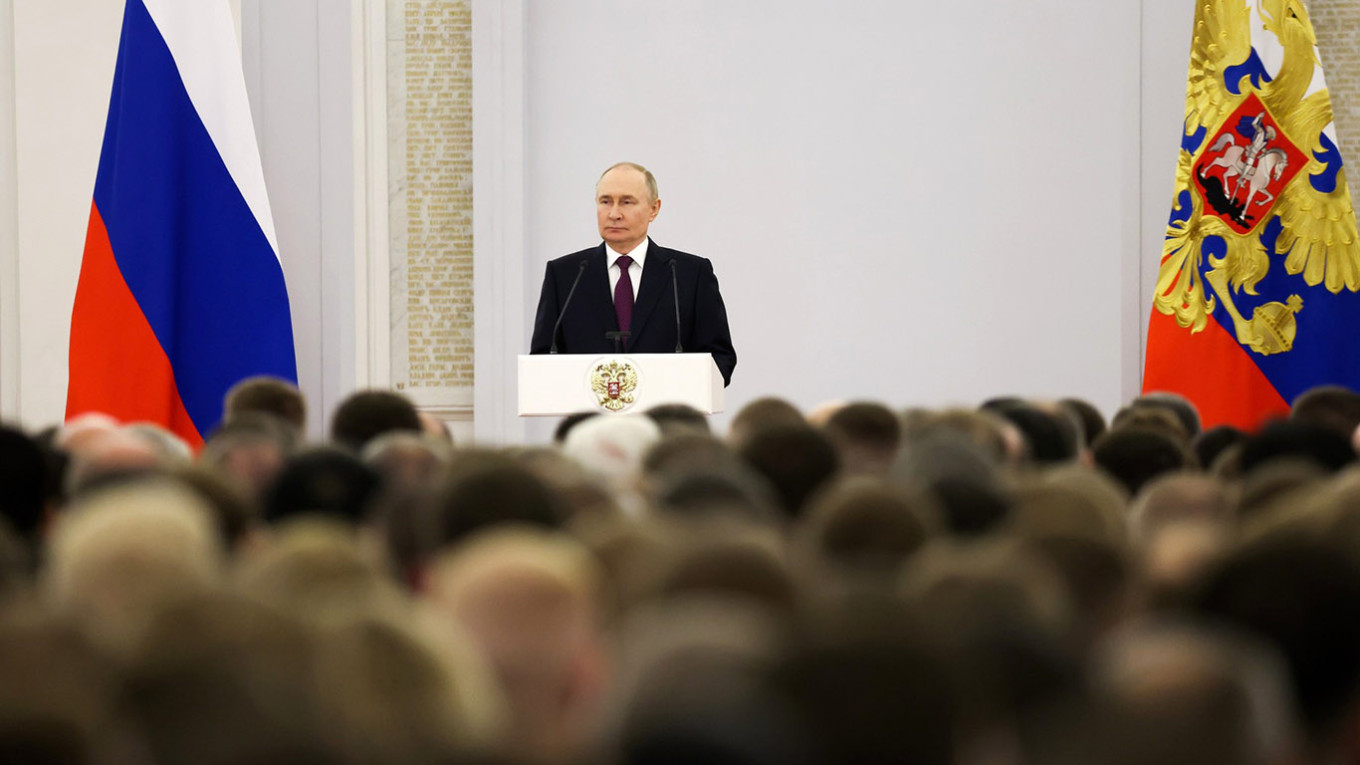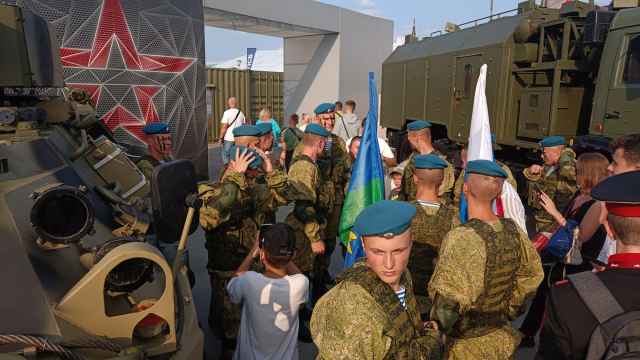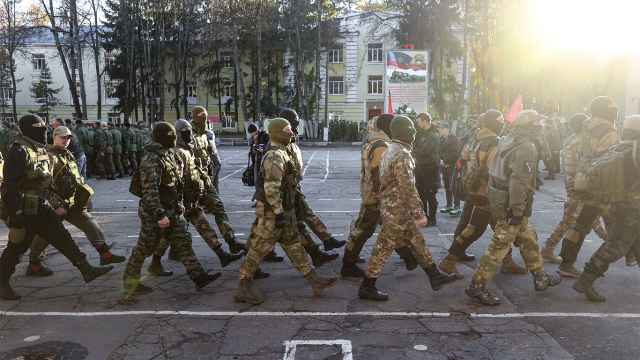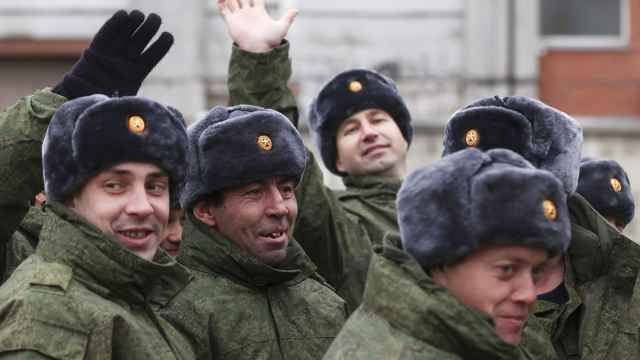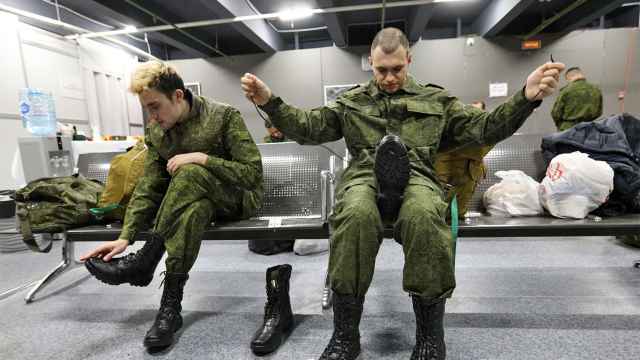President Vladimir Putin has signed a decree giving military commanders in combat zones the authority to arrest soldiers for infractions without a court ruling.
The decree, which amends the Armed Forces’ Disciplinary Code, reflects a broader effort to tighten control over troops in the fourth year of the invasion of Ukraine.
Unit commanders will now be able to sentence their soldiers to up to 10 days of arrest in makeshift detention sites near the front lines known as guardhouses, a power previously reserved for garrison military courts.
Under the new rules, commanders can conduct an internal investigation and, within two days of its conclusion, either forward the case materials to a court or take disciplinary action against the soldier themselves.
The Defense Ministry, which proposed the changes last fall, argued that military courts are often located far from the front line, making it impractical to adjudicate disciplinary violations quickly. Transporting soldiers to these courts also disrupts military operations and strains resources, the ministry said.
Guardhouses were formally abolished in Russia in 2002 after the country ratified the European Convention on Human Rights. They were reinstated in 2007 for use in cases of serious misconduct such as unauthorized absences, failure to report for duty without valid reasons and substance abuse.
Since the full-scale invasion of Ukraine, the Defense Ministry has revived field guardhouses, effectively creating secret detention sites colloquially referred to as “basements” for mobilized and contract soldiers accused of violations.
Offenses that could result in detention include the use of smartphones and other devices while off-duty.
In July 2024, the lower-house State Duma passed legislation banning the use of personal smartphones and other devices with cameras or internet access on the battlefield unless explicitly needed for combat operations.
The bill came in response to soldiers using their personal smartphones to document incidents such as unlawful detention, abuse from fellow soldiers and equipment shortages.
A Message from The Moscow Times:
Dear readers,
We are facing unprecedented challenges. Russia's Prosecutor General's Office has designated The Moscow Times as an "undesirable" organization, criminalizing our work and putting our staff at risk of prosecution. This follows our earlier unjust labeling as a "foreign agent."
These actions are direct attempts to silence independent journalism in Russia. The authorities claim our work "discredits the decisions of the Russian leadership." We see things differently: we strive to provide accurate, unbiased reporting on Russia.
We, the journalists of The Moscow Times, refuse to be silenced. But to continue our work, we need your help.
Your support, no matter how small, makes a world of difference. If you can, please support us monthly starting from just $2. It's quick to set up, and every contribution makes a significant impact.
By supporting The Moscow Times, you're defending open, independent journalism in the face of repression. Thank you for standing with us.
Remind me later.


